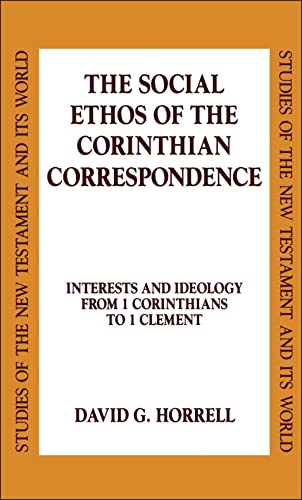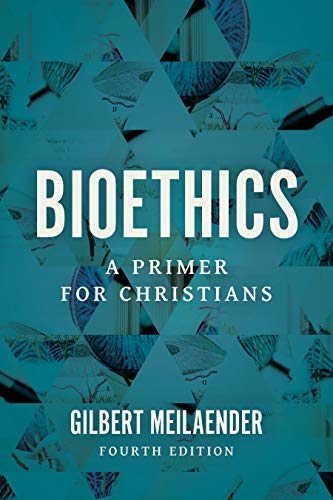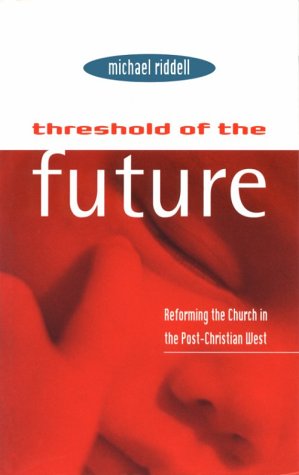We have much to thank David Porter for in his ability to blend a variety of lectures into a relatively coherent account of how senior level broadcasters are reflecting on change in British Broadcasting.
The book consists of five main lectures ranging from the role of Public Broadcasting, News, Ratings, Information Technology and Religious Broadcasting. The lectures were originally given as the London lectures, under the sponsorship of the Institute for Contemporary Christianity. Robert McLeish offers a theologically grounded analysis of servanthood and leadership. He applies this to the world of the media arguing that we get the media we deserve and that the media is both a servant and a leader. ‘They meet unsuspected needs so providing a service, but they also exercise leadership in creatively taking me somewhere I’ve not been before.’ (p. 19).
Justin Phillips examines our continuing fascination with what some here call ‘wall to wall news’. Increased competition, globalisation, rising costs, technology and changing audience demands are all put in a Christian perspective which stresses truth. The dangers of emotion-driven selection—‘If it bleeds—it leads’ (p. 44), trivialisation and loss of quality make sobering reading.
Graham Mytton, after twelve years in audience research for the BBC World Service, analyses the shift in management culture from a belief in what was being done to being driven by audience share. This leads to a focusing on the question of public service broadcasting and the moral concerns both at its heart and in its history and development.
Alan Rogers offers an account of the age of information with the subtitle ‘The Electronic Classroom’. He is concerned about the role of values in the broader education canvas varying from video, CD ROM to television. Whether the media lead or reflect the values of society is considered. He ends with a plan and promise based on what the ill-fated ARK2 (a planned Christian Broadcaster) was designed to do. Its failure is all our loss.
The final essay is from the pen of: Tim Dean, who focuses on the nature and content of religious broadcasting. From his ‘insider’ experience, he sets forth the advantages and limitations of religious broadcasting both in the public service setting and from a confessional, independently funded base. He highlights the often quoted danger that the BBC Religious Department has or will become the BBC Ethics Department.
There are some excellent nuggets to be mined, but the spoken word does not always easily translate into the written word and there is no sense of development from and between the lectures. Perhaps more attention to common ground or significant differences either within each essay or by some editorial reflection would have made what is interesting and informative even better value.
E. David Cook
Whitefield Institute and Green College, Oxford






